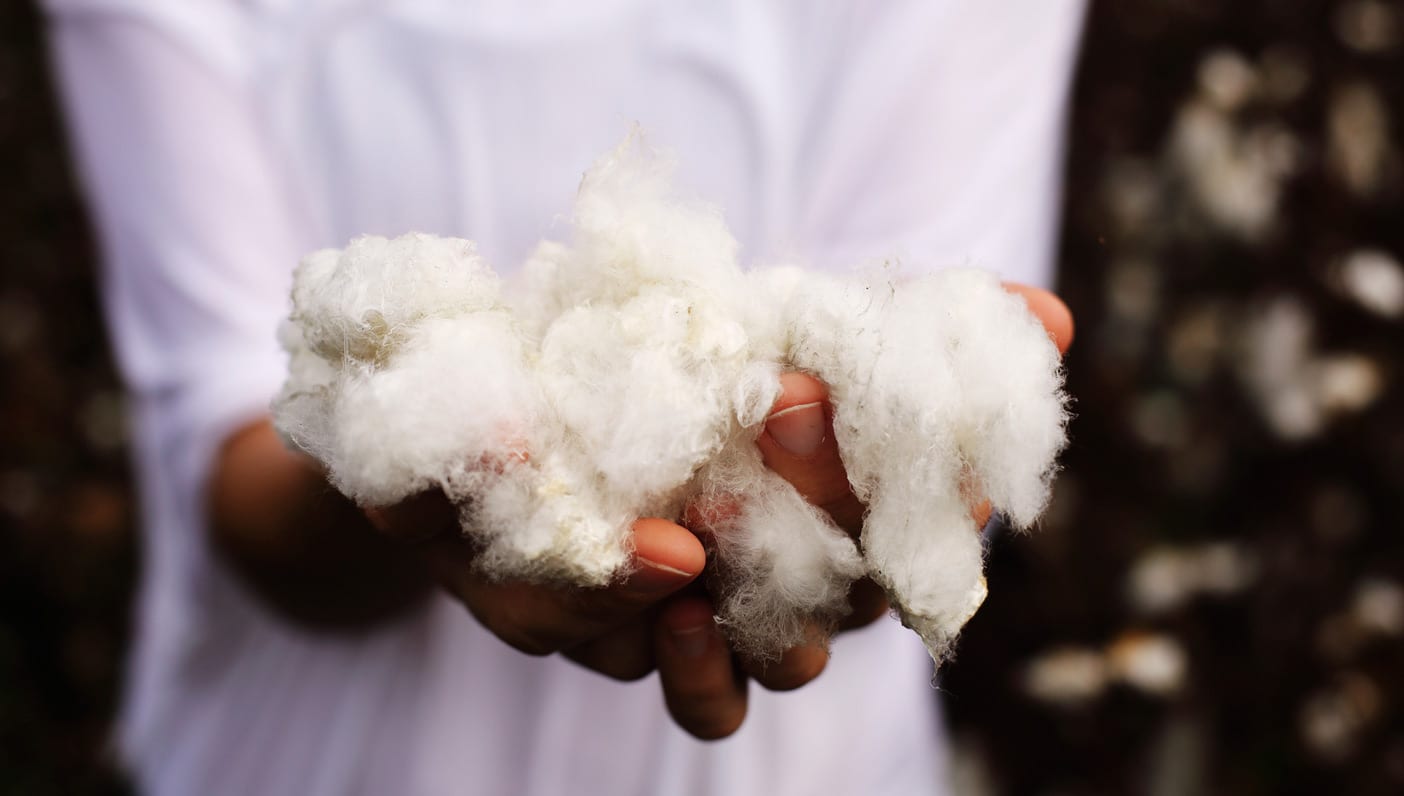
The essence of a mindful life extends well beyond a yoga practice, nutrition choices, and even practices such as activism and conscious speech: What we buy matters.
As yogis, it’s important for us to extend our practices of sacred intention into our lives of consumerism. In order to engage in the mindful life, our yoga practices must not end when we roll up our mats or open our eyes from meditation. Rather, we interweave the values from our practice into every aspect of our lives. The Yamas and Niyamas provide a framework for us to do this through outlining observances and restraints for the conscious practitioner. Being a conscious consumer meets several of the key components of the Yamas and Niyamas:
Ahimsa: Nonviolence. By consuming less, utilizing organic practices, and putting less stress on the supply chain and on our resources, we are practicing nonviolence.
Asteya: Non-stealing. We are not polluting the environment, using up unnecessary resources, or taking advantage of people.
Brahmacharya: Restraint or non-excess. By recycling, we are not consuming more than we need.
Aparigraha: Non-greed. Through engaging in conscious practices for our fellow beings and our planet and recycling resources we already have instead of creating new ones, we are not being greedy.
Santosha: Contentment. We are happy with what we have, instead of needing to consume more.
Two ways that we can practice being conscious consumers are to ensure that the products we buy are organic—or sourced with organic materials—or that they are recycled textiles.
No purchase choice is too small to make an impact on the lives of others, the health of our planet, and the future of the world.
Organic cotton has none of the harmful effects on the environment or our bodies that conventionally grown cotton does. As a crop, cotton accounts for 3 percent of the world’s cultivated land, but conventional cotton uses an astonishing 10–25 percent of the world’s insecticides and pesticides. When cotton is grown organically, it is actually good for the environment; it replenishes and maintains the health and fertility of the soil and environment it’s grown in. Plus, it’s comfy. “Organic cotton has a great hand feel and when I’m practicing, I strive to be the most comfortable. Do good while wearing something that feels good!” Marni Mendelsohn, merchandise manager for Wanderlust.
Textiles—such as clothing, furniture, shoes, et cetera—are all nearly 100 percent recyclable. When textiles are recycled—like from discarded clothes or homewares—we reduce our need to produce new materials (diminishing our use of resources, fuel, water, and other wasteful outputs) and take up less space in landfills. Clothing that isn’t resold gets sorted by rag dealers, who can either send it to disaster relief efforts, countries and people in need, or sort it by color and fabric to be recycled. Since new materials don’t need to be dyed or transported, resource use is drastically reduced.
Through engaging in mindful consumer choices, we are affecting not only the direct industry—such as cotton or textiles—but making direct and indirect impacts on millions of people and the health and future of the planet: less pollutants in our air and water, less soil erosion, less fossil fuel usage, less labor, fewer harmful effects on our bodies. “We speak about how important it is to know where your food is from, but we rarely speak about where are clothes are from. Most of the time it is too far removed—we don’t have to think about it,” says Marni.
We know from our yoga and mindfulness practices that no change is too small to make an impact on our bodies, minds, and lives. We can translate that into our conscious consumerism practice: No purchase choice is too small to make an impact on the lives of others, the health of our planet, and the future of the world.
—
Kristin Diversi is a star-child. A unicorn/monkey hybrid, she spends her days hopscotching dreams and moonbeams. After graduating magna cum laude with a BA in History and an MS in Nutrition, she delighted her parents and the student loan companies by deciding to follow her heart and do absolutely nothing related to any of her degrees. Currently pursuing a 500-hour certification, she was a yogini before yoga was cool. She is deeply flawed and terribly whimsical. Dream big. Be bigger.
